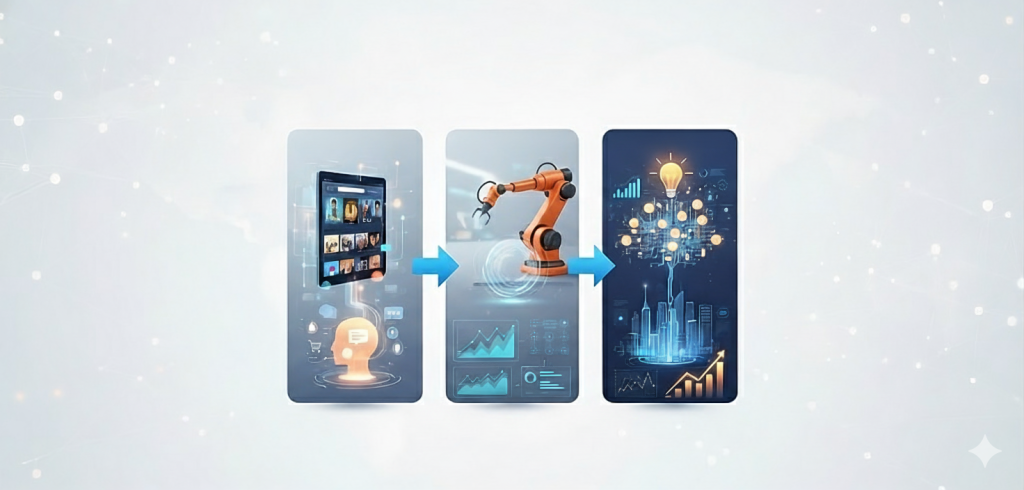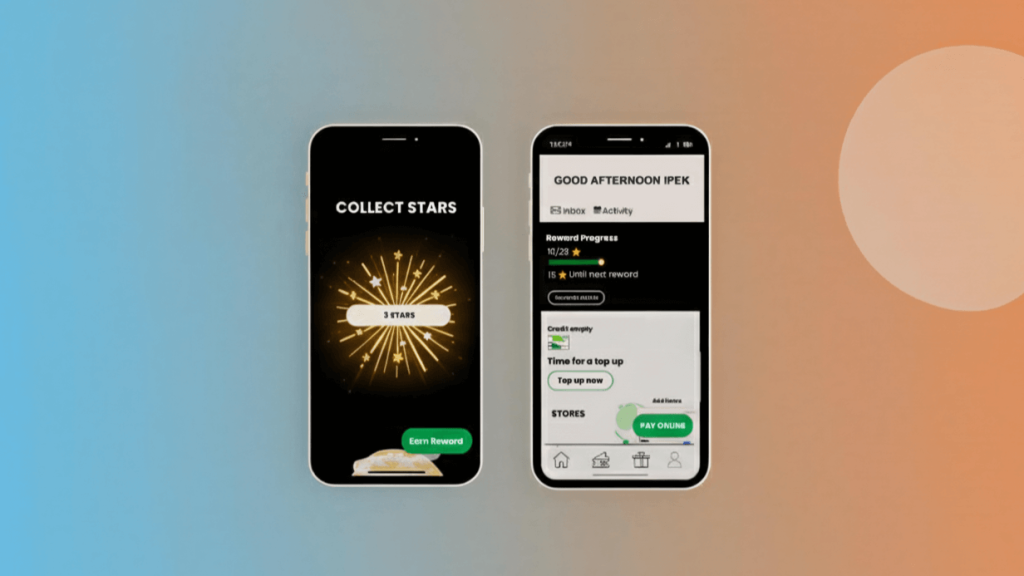
The hospitality industry is undergoing a quiet yet powerful revolution. Today, an exceptional experience is no longer defined solely by room quality or staff attentiveness. Modern travelers seek seamless connectivity and a personalized journey from the very first interaction—long before they step into the hotel lobby. At this point, hospitality technology and digital marketing are no longer optional—they are essential success factors.
For many businesses, however, this remains a major challenge. Fragmented data systems, high yet inefficient marketing costs, and integration complexity often make it difficult for hotel managers to find comprehensive solutions. With years of experience collaborating with partners and clients, we understand these pain points. Below are five key lessons from applying artificial intelligence and digital marketing solutions to enhance customer experience in the hospitality industry.
I. Unifying Customer Data – The Foundation of Personalization
One of the biggest challenges hotels face is fragmented data. Customer information is often scattered across multiple systems: Property Management Systems (PMS), Customer Relationship Management (CRM), Online Travel Agencies (OTAs), social media platforms, and even restaurant POS systems. This fragmentation prevents hotels from having a complete view of their guests.
To resolve this, hotels need a platform integration solution that consolidates all data. A Customer Data Platform (CDP) serves as the “brain,” collecting and standardizing data from every touchpoint. Once all information resides in a unified database, businesses can analyze guest behavior, preferences, and interaction history. This foundation enables truly personalized communication and operations—beyond generic marketing messages.
II. Automation and Personalization – Boosting Efficiency with Marketing Automation
Once data is unified, the next step is turning it into action. Marketing automation empowers hotels to run personalized campaigns automatically and continuously. Instead of sending manual emails, the system can:
Send booking confirmation emails with exclusive service recommendations (tours, spa, F&B).
Deliver welcome messages upon check-in with helpful in-hotel tips.
Send post-stay surveys to collect feedback and offer discount codes for the next booking.
Experts note that such tools allow hotels to transform raw data into personalized experiences. Automated workflows based on guest behavior, interests, and stay history make every customer feel valued—enhancing satisfaction and loyalty.
III. AI-Driven Technology Integration – Optimizing Operations
1. AI in Behavior Prediction and Operational Optimization
AI’s role in hospitality is becoming increasingly clear. AI-driven algorithms analyze millions of data points to predict guest behavior, optimize resources, and support strategic decision-making.
Forecasting: AI examines booking history and external factors (events, weather) to predict room demand, enabling dynamic pricing and resource allocation.
Task Automation: Integrating AI into Distribution Management Systems (DMS) automates room management, check-in/check-out, and repetitive administrative tasks.
2. Chatbots and Virtual Assistants

AI-powered chatbots or virtual assistants can respond to guest inquiries 24/7—from room booking to in-hotel services. These assistants handle common questions about restaurant locations, spa hours, housekeeping schedules, or in-room device usage. This not only provides convenience for guests but also reduces the workload for hotel staff, improving overall efficiency.
IV. Omnichannel Connectivity – Bridging Online and Offline Experiences

Modern guests interact through multiple channels. They might browse the hotel website, book via an OTA, and later chat with a bot or mobile app. A successful hotel digital marketing strategy must ensure a consistent, seamless experience across all touchpoints.
An Omnichannel solution synchronizes all online (website, social media, email) and offline (front desk, in-room) channels. Regardless of where the journey starts, guests receive timely and relevant support. This is key to improving satisfaction and fostering long-term relationships.
V. From Data to Revenue Growth – Focusing on Business Outcomes
Technology investment must always serve a clear goal: business outcomes. A robust technology ecosystem not only enhances operational efficiency but must also drive revenue and profitability.
Integrating Big Data Analytics allows hotels to measure the effectiveness of every marketing campaign—identifying which channels deliver the highest ROI. Visual dashboards provide real-time insights into performance metrics, enabling quick, data-driven decisions. The right solution increases direct bookings, reduces OTA commission costs, and boosts revenue from ancillary services.
Conclusion
Digital transformation in hospitality is a long-term journey requiring strong alignment between technology and people. Choosing the right technology is not about finding a tool—it’s about finding a partner who understands your business challenges.
At Digityze Asia, we believe technology is the answer to operational complexity, empowering businesses to achieve sustainable growth. Don’t let fragmented systems, high costs, or technical challenges hold you back. Start by unifying data, automating processes, and leveraging AI.
We are ready to help you turn challenges into opportunities—optimizing every aspect of hotel marketing and building memorable guest experiences.
👉 Discover personalized digital solutions for your business sector today at Digityze Asia.



